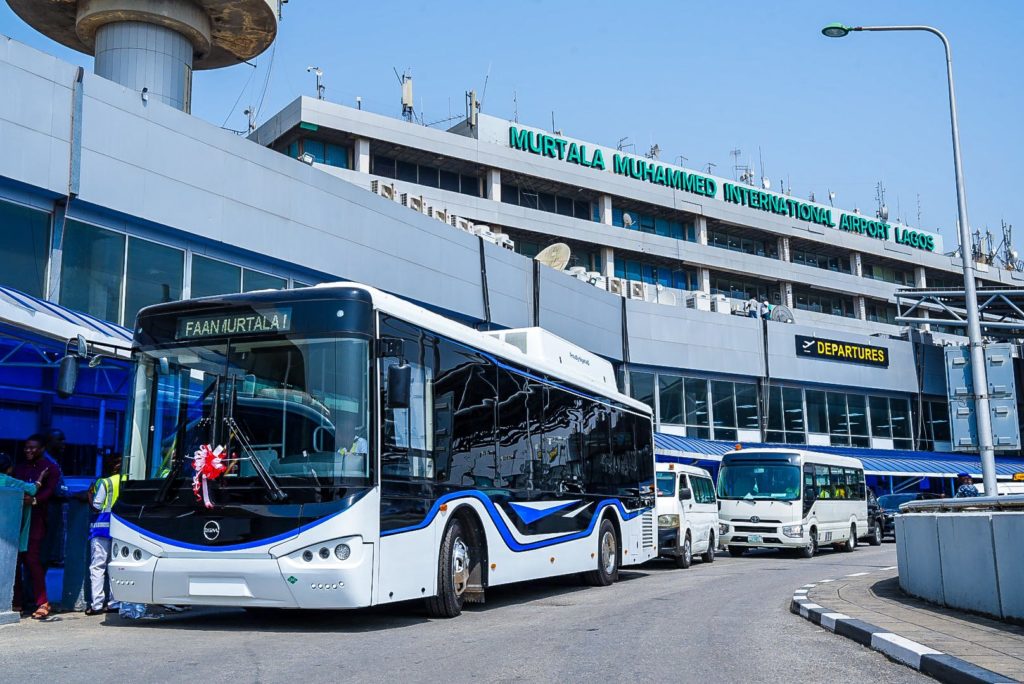Bolt, the ride-sharing business valued at $8.4 billion, almost witnessed a crushing fate to its operations in Tanzania due to regulations from the country’s authorities. For many tech companies in Africa, harsh regulations mark the abrupt end of businesses. To prevent this, Bolt has restricted their business activities to corporate clients only.
The story began earlier in March this year with an order by Tanzania’s Land Transport Regulatory Authority (LATRA). This order mandated ride-hailing operators to collect a maximum of 15% from their drivers. Bolt agreed, citing that it was only doing so to buy time for stakeholders’ negotiations and reconsiderations. It also stated that there was hardly a future for the company in Tanzania, should LATRA maintain its order.
Four months since that order, LATRA is still unrelenting in its stance, and Bolt is not having it anymore. The Estonian ride-hailing company has maintained that a 15% commission is not sustainable for its operations in the country, as against the 20% it was formerly operating with. In a statement shared with TechTrends, the company said: “Bolt has no choice but to mitigate against the losses in the market until it sees a considerable improvement in the regulatory ecosystem.”
To remain in the East African country, Bolt has now adjusted its business model, restricting its business activities to corporate clients only.
Earlier this year, Uber, a bigger player in the ride-sharing industry that charged its drivers a 25% commission, did not spend too much time hoping LATRA would change its mind. In April, the same month the new rates were enforced, Uber suspended its operations in Tanzania, stating that it would only return to the country if the regulatory issues were addressed.
While Uber’s move might be understandable, it’s tough to see why Bolt cites the 15% commission rate as detrimental to its business model when it claims to offer that rate to drivers in some other cities. One guess is that the problem might not be with LATRA’s regulations but with Tanzania’s relatively weak currency, which would mean lower revenue for the company.
These business decisions by Uber and Both illustrate the long-standing narrative that regulations in Africa challenge technology businesses and innovative startups on the continent


















